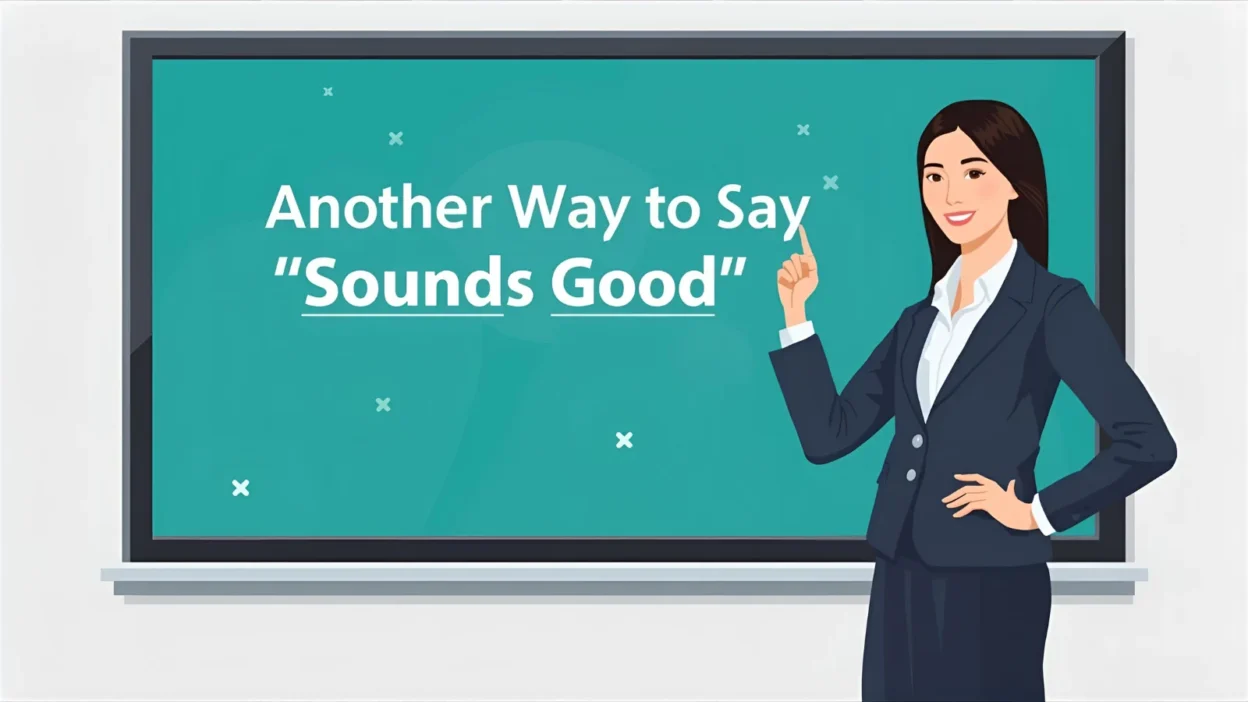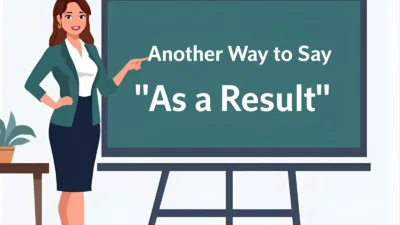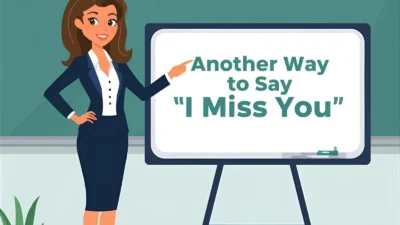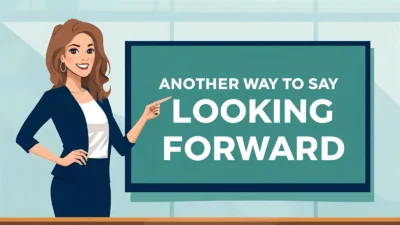The phrase “sounds good” is one of the most common ways to express agreement, approval, or acceptance in everyday conversation. While it’s casual and easy to use, repeating it often can make your speech or writing feel monotonous. Fortunately, there are many alternatives—from formal expressions of agreement to informal, friendly phrases—that you can use depending on the situation.
In this article, you’ll find 25 alternatives to “sounds good,” each explained with meaning, usage examples, best context, and tone.
1. That works
Meaning: Acceptable or agreeable.
Detailed Explanation: Straightforward way to confirm something is suitable.
Scenario Example: “Let’s meet at 3 PM.” → “That works.”
Best Use: Professional and casual.
Tone: Neutral, concise.
2. Okay by me
Meaning: You agree with the suggestion.
Detailed Explanation: Slightly casual and personal.
Scenario Example: “We’ll order pizza tonight.” → “Okay by me.”
Best Use: Informal conversations.
Tone: Friendly, casual.
3. Fine with me
Meaning: No objections; acceptable.
Detailed Explanation: Expresses tolerance or agreement without strong enthusiasm.
Scenario Example: “Can we start early tomorrow?” → “Fine with me.”
Best Use: Everyday speech, semi-formal.
Tone: Neutral, laid-back.
4. That’s fine
Meaning: Acceptable; satisfactory.
Detailed Explanation: Polite and flexible.
Scenario Example: “I’ll send you the report tonight.” → “That’s fine.”
Best Use: Professional, casual.
Tone: Polite, calm.
5. All right
Meaning: Acceptable, agreeable.
Detailed Explanation: Often used to confirm approval in relaxed speech.
Scenario Example: “I’ll call you tomorrow morning.” → “All right.”
Best Use: Casual, conversational.
Tone: Easygoing, informal.
6. Agreed
Meaning: You are in agreement.
Detailed Explanation: More formal, concise way to confirm alignment.
Scenario Example: “We should focus on quality first.” → “Agreed.”
Best Use: Meetings, teamwork, formal settings.
Tone: Professional, decisive.
7. Sounds great
Meaning: Very good; enthusiastic approval.
Detailed Explanation: Stronger, more positive than “sounds good.”
Scenario Example: “Let’s grab lunch tomorrow.” → “Sounds great!”
Best Use: Friendly, casual, semi-formal.
Tone: Enthusiastic, warm.
8. Sounds perfect
Meaning: Completely suitable.
Detailed Explanation: Expresses that the idea is ideal.
Scenario Example: “I’ll send you the files this afternoon.” → “Sounds perfect.”
Best Use: Professional and casual.
Tone: Positive, supportive.
9. Sounds like a plan
Meaning: You agree with the suggestion.
Detailed Explanation: Informal, lighthearted approval.
Scenario Example: “Let’s meet at the café after work.” → “Sounds like a plan.”
Best Use: Informal conversations.
Tone: Friendly, playful.
10. Perfect
Meaning: Exactly right.
Detailed Explanation: Strong approval in one word.
Scenario Example: “I’ll book the tickets now.” → “Perfect.”
Best Use: Professional and casual.
Tone: Positive, concise.
11. Excellent
Meaning: Very good; commendable.
Detailed Explanation: Stronger and more formal than “sounds good.”
Scenario Example: “We’ll start the project next week.” → “Excellent.”
Best Use: Professional, formal settings.
Tone: Polished, enthusiastic.
12. Great idea
Meaning: You like the suggestion.
Detailed Explanation: Emphasizes approval of the proposal.
Scenario Example: “How about adding visuals to the report?” → “Great idea!”
Best Use: Teamwork, casual, semi-formal.
Tone: Positive, encouraging.
13. Wonderful
Meaning: Very pleasing.
Detailed Explanation: Expresses delight at a suggestion.
Scenario Example: “Let’s take a short break.” → “Wonderful.”
Best Use: Polite, slightly formal, or casual.
Tone: Warm, enthusiastic.
14. Lovely
Meaning: Delightful or agreeable.
Detailed Explanation: Common in British English; conveys warmth.
Scenario Example: “We’ll meet at 2 PM.” → “Lovely.”
Best Use: Informal, polite.
Tone: Friendly, positive.
15. Cool
Meaning: Informally good or acceptable.
Detailed Explanation: Casual, modern expression of agreement.
Scenario Example: “I’ll text you the details.” → “Cool.”
Best Use: Informal conversations.
Tone: Relaxed, youthful.
16. Sure thing
Meaning: Certainly; absolutely.
Detailed Explanation: Informal and agreeable.
Scenario Example: “Can you help me tomorrow?” → “Sure thing.”
Best Use: Casual, friendly.
Tone: Positive, informal.
17. Right on
Meaning: Exactly; you agree.
Detailed Explanation: Informal, sometimes enthusiastic approval.
Scenario Example: “Let’s move forward with the plan.” → “Right on!”
Best Use: Casual, motivational speech.
Tone: Energetic, supportive.
18. Fair enough
Meaning: Reasonable; acceptable.
Detailed Explanation: Conveys understanding and agreement.
Scenario Example: “We’ll need to adjust the schedule.” → “Fair enough.”
Best Use: Semi-formal and casual.
Tone: Neutral, accepting.
19. Absolutely
Meaning: Completely agree.
Detailed Explanation: Strong one-word agreement.
Scenario Example: “It’s important to double-check.” → “Absolutely.”
Best Use: Formal and informal.
Tone: Confident, emphatic.
20. Certainly
Meaning: Of course; definitely.
Detailed Explanation: Formal way to confirm agreement.
Scenario Example: “Shall I send the contract today?” → “Certainly.”
Best Use: Business, professional contexts.
Tone: Polite, formal.
21. By all means
Meaning: Without hesitation; go ahead.
Detailed Explanation: More formal than “sounds good.”
Scenario Example: “Can I borrow your notes?” → “By all means.”
Best Use: Polite, professional, or academic settings.
Tone: Courteous, formal.
22. No problem
Meaning: Agreeable; not an issue.
Detailed Explanation: Casual reassurance.
Scenario Example: “Can we meet later instead?” → “No problem.”
Best Use: Informal, semi-formal.
Tone: Relaxed, reassuring.
23. Go ahead
Meaning: You approve someone proceeding.
Detailed Explanation: Grants permission in a friendly way.
Scenario Example: “Can I share this file with the group?” → “Go ahead.”
Best Use: Casual, professional.
Tone: Supportive, flexible.
24. I’m good with that
Meaning: You’re okay with the plan.
Detailed Explanation: Informal phrase expressing agreement.
Scenario Example: “Let’s meet after lunch.” → “I’m good with that.”
Best Use: Casual conversations.
Tone: Friendly, informal.
25. Works for me
Meaning: Acceptable; suits you.
Detailed Explanation: A widely used alternative similar to “that works.”
Scenario Example: “Shall we finalize the report tomorrow?” → “Works for me.”
Best Use: Casual, professional.
Tone: Neutral, flexible.
Conclusion
While “sounds good” is a reliable go-to phrase for expressing agreement, it’s worth adding variety to your vocabulary. From casual choices like “cool” and “works for me” to formal alternatives like “certainly” or “by all means,” you now have 25 different ways to show approval or agreement. Choosing the right phrase helps you adapt your tone to the context—whether it’s a friendly chat or a professional discussion.



